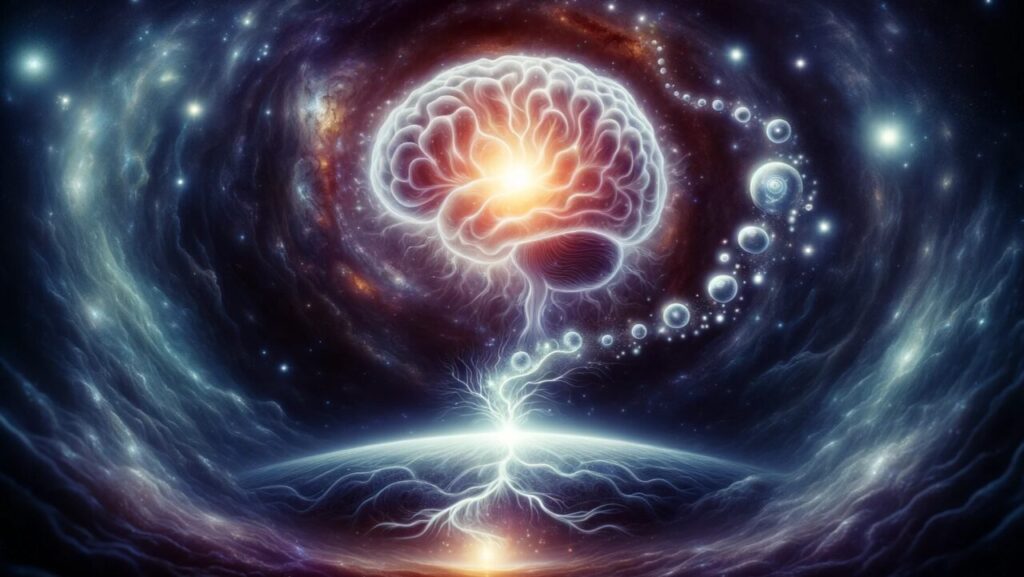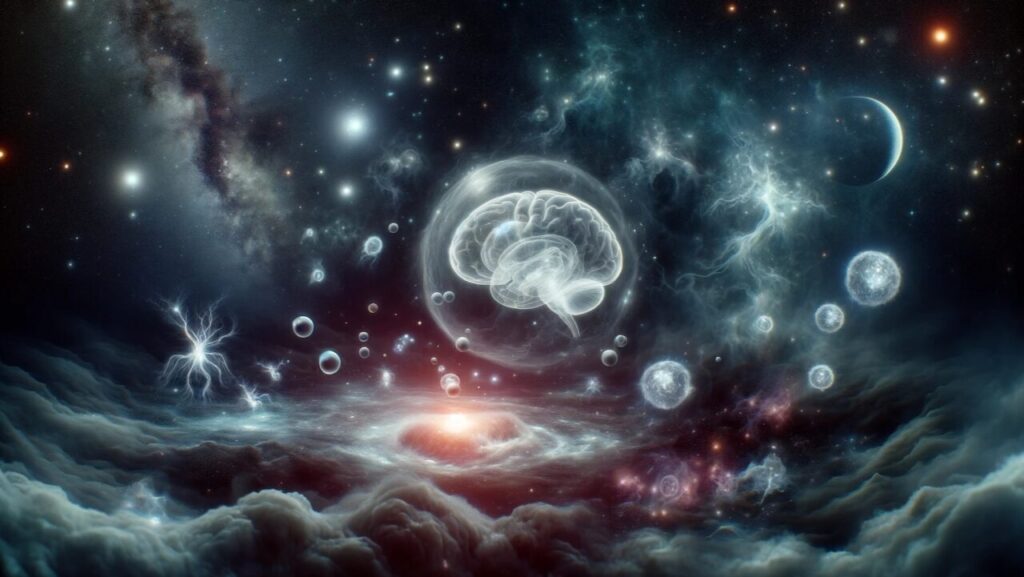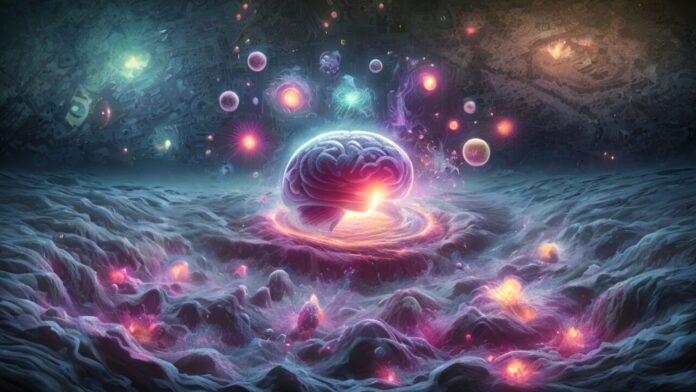Scientists have proposed a radical new theory that challenges the prevailing view on the origin of consciousness. While most scientists and philosophers believe that life emerged on Earth around 3.8 billion years ago and consciousness evolved later through complex biological processes, this new theory suggests that consciousness predates life and may have played a crucial role in enabling life and evolution.

Astrobiologist Stuart Hameroff, materials scientist Anirban Bandyopadhyay, and planetary scientist Dante Lauretta argue that consciousness is not a product of evolution but rather a fundamental force that shaped evolution itself. Their theory builds upon the Orch OR theory, co-developed by Hameroff and physicist/philosopher Roger Penrose, which posits that consciousness arises from quantum processes within microtubules, structures found in brain cells.
The researchers theorize that in the early universe, amphipathic molecules formed micelles, which eventually evolved into biological “proto-cells” that developed survival behaviors. These behaviors, they propose, were driven by rudimentary moments of “proto-consciousness” experienced by certain elements, acting as a primitive pleasure mechanism that guided the arrangement of aromatic rings within micelles.
To support their theory, the scientists plan to examine the Murchison meteorite and early asteroids for signs of life, such as quantum optical superposition effects, which could be interpreted as evidence of processes that could give rise to consciousness.

This bold hypothesis challenges the Darwinian materialist view of evolution and suggests that consciousness, rather than being a product of evolution, is a fundamental force that shaped it. While this theory is likely to spark controversy, many scientists acknowledge the testable, profound, and logical nature of the Penrose OR theory.
The implications of this theory extend beyond science and into the realm of philosophy and religion. Some may interpret the “unknown force” referred to by the scientists as a divine entity, potentially reigniting the debate about the relationship between consciousness and belief in God.
This theory represents a paradigm shift in our understanding of consciousness and its role in the universe. It challenges us to reconsider our assumptions about the nature of life and the origins of our own conscious experience.

